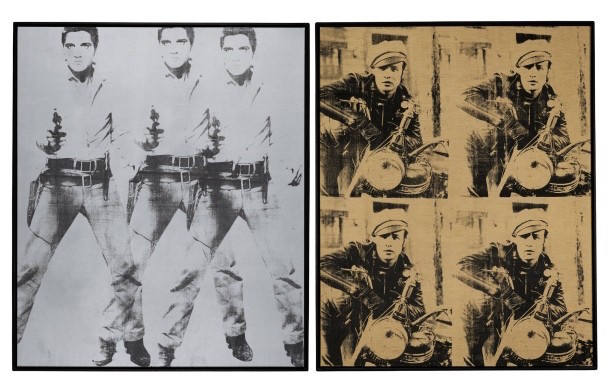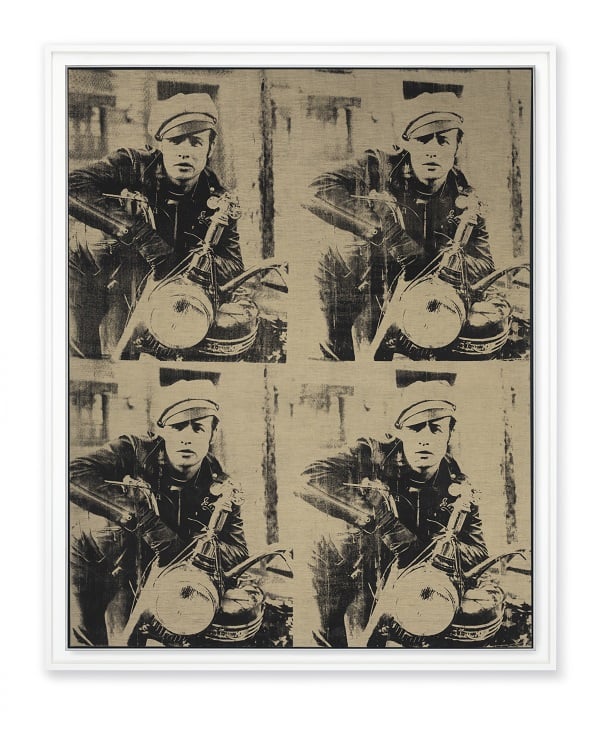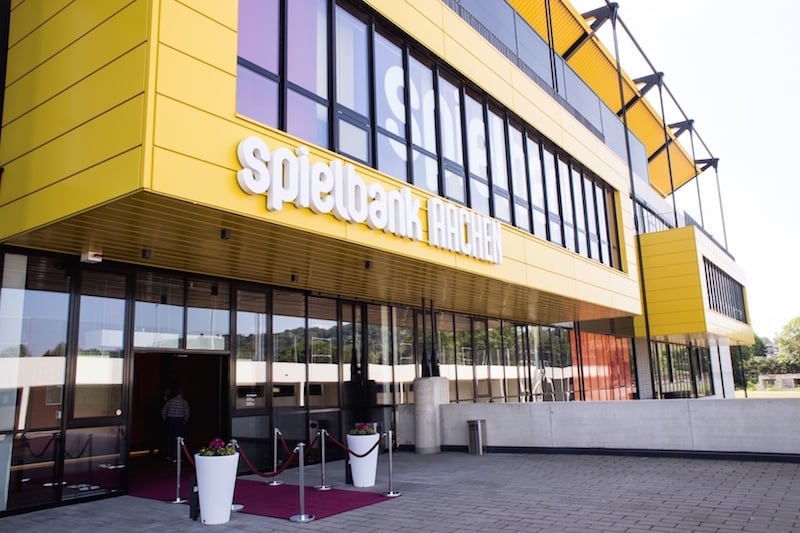Art World
German State-Owned Casino Used Warhol Sale to Compensate Losses
The outrageous deceit sets a dangerous precedent.

The outrageous deceit sets a dangerous precedent.

Henri Neuendorf

![Andy Warhol, Triple Elvis [Ferus Type] (1963) sold for $81.9 million (estimate in the region of $70 million). Courtesy of Christie's.](https://news.artnet.com/app/news-upload/2014/11/009-Andy-Warhol-Triple-Elvis.jpg)
Andy Warhol, Triple Elvis [Ferus Type] (1963) sold for $81.9 million (estimate in the region of $70 million).
Photo: Courtesy of Christie’s
Controversy erupted last year when the German casino conglomerate WestSpiel—a wholly owned subsidiary of the state bank of North Rhine-Westphalia (NRW Bank)—announced plans to sell two Andy Warhol works at Christie’s New York.
Twenty-six German museum directors signed a petition in an attempt to stop the sale of Andy Warhol’s iconic silkscreen paintings of Elvis Presley and Marlon Brando, calling it a “controversial political issue with considerable ripple effect.”
German culture minister, Monika Grütters, said at the time, “To sell [the artworks] in order to refill state coffers would be an indecent systemic failure,” adding that, “artworks are not objects of speculation for the public sector.”
Amid the protests and outrage over the deaccession, North Rhine-Westphalia’s minister president, Hannelore Kraft, insisted that the proceeds would not be used to pay off the casino’s debts, “this taboo will not happen,” she assured the public last year.

Andy Warhol, Four Marlons (1966)
Courtesy of Christie’s.
The sale of the Warhols went ahead, and the works ended up as the two top-selling lots in a record-breaking auction, netting a combined $151.5 million and surpassing the pre-sale high estimate of a combined $128 million.
A year after the sale, almost to the day, the German paper FAZ reported that the proceeds were in fact used to pay off the state-owned casino’s considerable debt despite previous denials. The German daily quotes WestSpiel’s annual financial report that described the sale of the artworks as “an important step towards ensuring future viability.”
In fact, according to North Rhine-Westphalia’s finance minster, Norbert Walter-Borjans, WestSpiel’s €84,6 million ($90.8 million) turnover was “due primarily to the proceeds from the Warhol sales,” adding that “adjusted for the one-off art sale, net loss stands at around €21 million ($22.5 million).”
Of course a turnover of €84,6 million ($90.8 million) was only made possible because of the Warhol sale. As it turns out, the casino has been accruing losses since 2007.

WestSpiel’s casino in Aachen, Germany.
Photo: Westspiel via isaguide.de
The financial report admits that the company “Remains in a relatively strained financial situation.” Despite ongoing restructuring and “central measures to ensure sustainability,” the company expects to continue making losses until 2021.
Additionally, the report also confirms that—again, despite the local government’s vehement denials last year— the proceeds will be invested into the renovation of a casino in Aachen, and for the construction of a fifth WestSpiel branch in Cologne.
Writing in the FAZ, columnist Andreas Rossmann opined that the handling of the artworks and proceeds severely damaged the integrity of the North Rhine-Westphalian local government, and was poorly handled by the responsible politicians from start to finish.